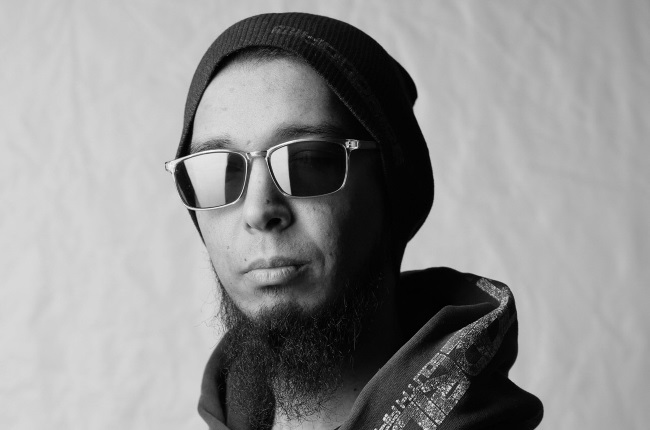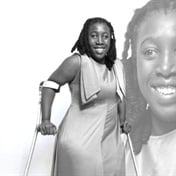
Imraan Gallo was 15 when he was told he’d go blind. He was diagnosed with glaucoma, a debilitating eye condition which leads to a loss of vision. He now just has 15% of his vision, but the 34-year-old Capetonian hasn’t let that stop him from embracing his long-time passion for photography and turning it into a career.
He tells YOU his story.
“I grew up playing cricket and football, and when I was 11 or 12 my vision became blurred, which made it hard to play sport. I went to an optometrist and got glasses, which allowed me to see my schoolwork and such, but my vision didn’t improve.
Between the ages of 11 to 15, we were trying to correct the eyeball [with spectacles] but it didn’t help. The optometrist referred me to an ophthalmologist, and that’s when it was discovered that I had glaucoma. I was diagnosed when I was 15 years old.
Glaucoma isn’t your normal eyesight problem that spectacles can fix, as it’s not the eyeball that’s affected but the actual nerve. No one in my family has glaucoma – I was just a rare case. My treatment included eye drops to relieve the pressure, but I knew that someday I’d go completely blind.
It messes with your head being told at that age that you might go blind. Luckily for me, my parents and my doctors were very open with me about my diagnosis, which allowed me to focus on school and my career. I knew my fate but I chose to focus on those things instead.
I enrolled at Vaal University in 2009 to study mechanical engineering but I quit after three months as my health was suffering. Light sensitivity and the constant pain in my eyeballs were indescribable. I was in and out of the hospital for check-ups and those came with bills I needed to pay.
So I chose instead to work at various places that offered work experience in drafting and mechanical engineering. I switched jobs many times, but by 2012 when I was 25, I began slowing down and spending more time at home as it was becoming more difficult for me to see.
My condition worsened, and I had to give up driving and working with machines. After having lived in Johannesburg since I was five, my family and I moved back to Cape Town where I was born.
In that same year I sold my XBox and bought my first camera. I was into motorsports, so I started spending time at a racetrack near my family home and taking pictures. I’ve always enjoyed the creative field and photography was a creative outlet for me.
By 2014 my vision had dropped to below 50% and as the years went by my vision became weaker and the pain in my eyeballs worsened. In 2018 I had to undergo three operations to reduce the pressure on my eyes.
Once I was no longer able to see when I was outdoors, I focused on portraits and product photography. I mostly shoot for my sister Fadwa (26), who’s a qualified makeup artist.
I shoot for about four hours a day and I also spend my days coming up with concepts in my mind. I have severe tunnel vision, which means I see things as you would if you were looking through a keyhole. To just look at a product that’s a meter away puts a tremendous strain on my eyes.
I don’t know quite how to describe how I see the objects I shoot. If I see a light pattern with highlights and shadows I find intriguing, then I will shoot it. I don’t see the object clearly. Once I put it on a bigger screen, I can see what it is. It’s enjoyable as photography allows me to appreciate eyesight on a much bigger level.
There’s a stigma against visually impaired people being hired for photography gigs. Whenever I send out my portfolio, I’m either told they will get back to me or I get no response, but I want to make a living from this.
I live at home with my parents and siblings and I rely on them to drive me everywhere. They’ve been very supportive, but I also want to be independent.
We’re overloaded with visual stimuli. When you can no longer enjoy it, that’s when you start to slow down. You appreciate the sound of leaves blowing in the wind, or birds chirping at 5am. I take the time to appreciate everything.”




 Publications
Publications
 Partners
Partners

















